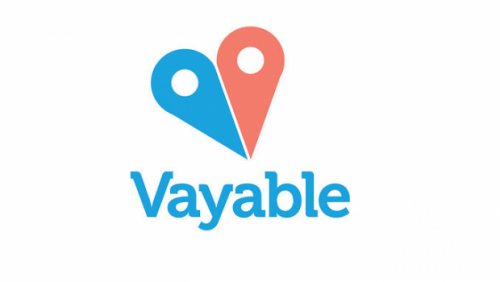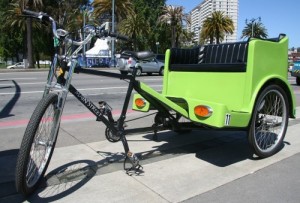Travel focused sharing economy companies are popping up as fast as weeds after a Texas thunderstorm.
A new report by consulting firm PwC says,”The innovation clock is now set to fast-pace, and will get even faster as consumers become more trusting of relationships tied to social sentiment and communities of users.”
While convenience and cost-savings are attractive to consumers, what ultimately keeps this economy spinning — and growing — is trust, said the report. “It’s the elixir that enables us to feel reassured about staying in a stranger’s home or hitching a ride from someone we’ve never met,” it said. “Data shows that consumers are more interested in affordability and convenience than they are in building social relationships with providers or other consumers.”
In an April 30 post, I wrote about travel-sharing companies FlightCar, Ubair and TripHobo. And cities that are seeing more of these companies pop up are working through their own challenges to accommodate them, as I covered in an April 15 post.
Here at BusinessJournalism.org, we’re planning to keep following this new sector of the travel industry. (Have you come across any travel sharing companies that you like? Feel free to share them with me at auntbenet@gmail.com.)
Love Home Swap, founded by UK entrepreneur Debbie Wosskow in 2011, calls itself “the world’s most flexible travel club,” offering homeowners the chance to swap homes, saving money on hotels. It also touts the benefits of living in real homes and meeting real people in neighborhoods around the world.
Users can earn points when another member stays in their home while you’re away and use the points for future stays at other members’ homes for free. There’s also the option of earning money by renting to members. Homes can be listed for free, but memberships cost between $20 and $34 a month, including extra benefits depending on the level chosen.
Getaround isn’t that new — it launched in 2009 and allows car owners to earn extra cash by renting out their vehicle through a peer-to-peer rental service. But it’s expanding the cities where the service is offered, including Washington D.C., where it launched in May.
People who need a car by the hour or by the day can get one at rates much lower than traditional rental cars.
After joining Getaround for free, users download an iTunes or Android app and have their drivers license and credit card verified. Then, they can choose from thousands of cars. The rental fee includes insurance and 24/7 roadside assistance.
Those wanting to share their cars create a unique Getaround URL to promote their vehicle. They set the car’s address so renters know where to pick up and return the car. Photos are taken of the car, then users select the dates and times it’s available. If things don’t go well, Getaround will work with owners to repair damage and help compensate for down time.
Rental fees are based on the type of car, and prices start at $5 an hour. Getaround charges a 40 percent commission for car owners.
San Francisco-based Vayable was created in 2011 to market “honest, local culture through experiences created and hosted by passionate local insiders.” More than 5,000 insiders around the world have signed up to charge for unique experiences including design, photography, ethnic food tours, private dinners hosted by locals, backroads wine tastings, underground history, sightseeing and immersive cultural exchange.
Vayable serves as a platform and a resource. Insiders go through an extensive evaluation, including video screening, integration of social media profiles, personal contact information and banking details, before being allowed to post to experiences.
Prices range from $49 a day for a basic plan of accommodations, experiences, airport transfers and a basic custom itinerary to $99 a day for a plan that includes the basic plus local transportation, flight search, 24/7 support during travel, a custom itinerary and booking of everything except flights. Vayable charges a three percent service fee to travelers and a 15 percent fee to guides.
If the sharing economy has proven anything, it’s that business models cannot be taken for granted in a highly connected, fast-changing world, said the PwC report. “Today’s disruptors can easily be disrupted tomorrow. The ride-sharing model could be obsolete when self-driving cars materialize—or these companies could adapt by purchasing their own fleet of self-driving cars, removing the cost-center of today’s drivers,” it said.
STORY IDEAS
PwC, The Sharing Economy











